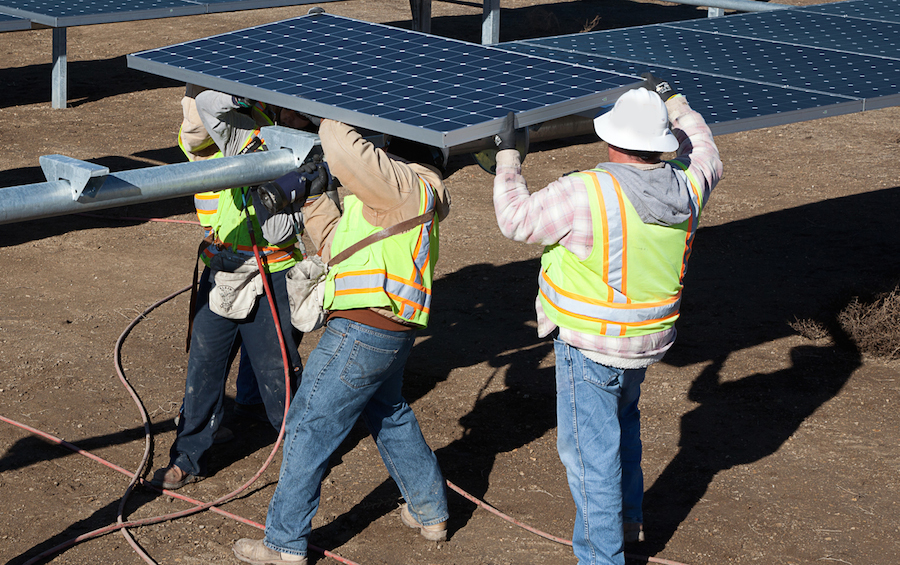As the year draws to a close with record-high temperatures baking the Eastern Seaboard, 2015 is being nearly universally called the warmest ever recorded. Think what you will about climate change. Mother Nature is telling a story that utterly contradicts the claims of those who challenge the scientific consensus on the issue. No vast, international conspiracy of grant-grubbing scientists is behind claims the planet is heating up; this is scientific hypothesis maturing into empirically testable reality.
The successful conclusion of the Paris Agreement among more than 190 nations early this month has exposed the United States Congress as the world’s last, lonely bastion of willful ignorance about the threat to civilization from humanity’s blind abuse of natural resources.
The people claiming that our economy will collapse under the burden of efforts to reduce greenhouse-gas emissions are the same ones who tout the free market’s infinite ability to solve technical problems. They were correct when they got behind the Clean Air Act Amendments of 1990, which allowed the commercial exchange in acid-rain emissions.
Now, it appears, they have lost faith in America’s ability to find a business opportunity in the looming potential disaster of climate damage resulting from human activity. They have stirred fear over the threat to the economy from futile efforts to reduce greenhouse gas emissions, while people who have faith in the nation’s ingenuity and enterprise have invested in renewable energy and the vast business opportunities in construction of solar powerplants, wind farms, energy storage, microgrids, enhancements of building efficiency and the extensive supply chains that support those projects.
These investors are hard-money business people who have chosen to capitalize on the opportunities presented to them rather than fight a losing, rear-guard action to preserve industries that are being overwhelmed by change. The U.S. Dept. of Energy launched the SunShot Initiative in February 2011, for example, with the goal of reducing the costs of solar technologies 75% by 2020.
Today, DOE says, solar-generated electricity is price competitive with traditional energy sources in 14 states, and in 46 of America’s 50 largest cities, a fully-financed, typically-sized solar photovoltaic system is a better investment than a typical stock market index fund. Wind energy costs also have plummeted so much that the American Wind Energy Association this month announced that wind installations have reached 70,000 MW.
Have these industries benefited from subsidies and tax credits? Of course. Have the subsidies and tax credits destroyed the economy? No, that was the handiwork of Wall Street’s financial engineers. Renewable energy’s pioneers have brought that industry to a point where companies with somewhat less appetite for risk can join the party and earn profit from continuing the development of a new energy economy, one based on energy that does far less damage to the world’s environment than fossil fuels.




